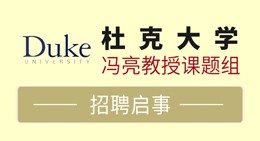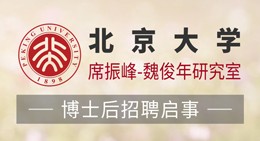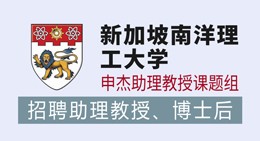Ambio ( IF 5.8 ) Pub Date : 2024-05-06 , DOI: 10.1007/s13280-024-02033-4 Frida Franzén , Åsa Strand , Johanna Stadmark , Ida Ingmansson , Jean-Baptiste E Thomas , Tore Söderqvist , Rajib Sinha , Fredrik Gröndahl , Linus Hasselström

|
The study examines the governance of low trophic species mariculture (LTM) using Sweden as a case study. LTM, involving species such as seaweeds and mollusks, offers ecosystem services and nutritious foods. Despite its potential to contribute to blue growth and Sustainable Development Goals, LTM development in the EU and OECD countries has stagnated. A framework for mapping governance elements (institutions, structures, and processes) and analyzing governance objective (effective, equitable, responsive, and robust) was combined with surveys addressed to the private entrepreneurs in the sector. Analysis reveals ineffective institutions due to lack of updated legislation and guidance, resulting in ambiguous interpretations. Governance structures include multiple decision-making bodies without a clear coordination agency. Licensing processes were lengthy and costly for the private entrepreneurs, and the outcomes were uncertain. To support Sweden’s blue bioeconomy, LTM governance requires policy integration, clearer direction, coordinated decision-making, and mechanisms for conflict resolution and learning.
中文翻译:

瑞典扩大低营养海水养殖生产的治理障碍
该研究以瑞典为案例研究,探讨了低营养物种海水养殖(LTM)的治理。 LTM 涉及海藻和软体动物等物种,提供生态系统服务和营养食品。尽管长期管理有促进蓝色增长和可持续发展目标的潜力,但欧盟和经合组织国家的长期管理发展却停滞不前。用于绘制治理要素(机构、结构和流程)和分析治理目标(有效、公平、反应灵敏和稳健)的框架与针对该部门私营企业家的调查相结合。分析表明,由于缺乏最新的立法和指导,机构效率低下,导致解释含糊不清。治理结构包括多个决策机构,没有明确的协调机构。对于私营企业家来说,许可流程漫长且成本高昂,而且结果也不确定。为了支持瑞典的蓝色生物经济,长期管理治理需要政策整合、更明确的方向、协调的决策以及冲突解决和学习机制。












































 京公网安备 11010802027423号
京公网安备 11010802027423号